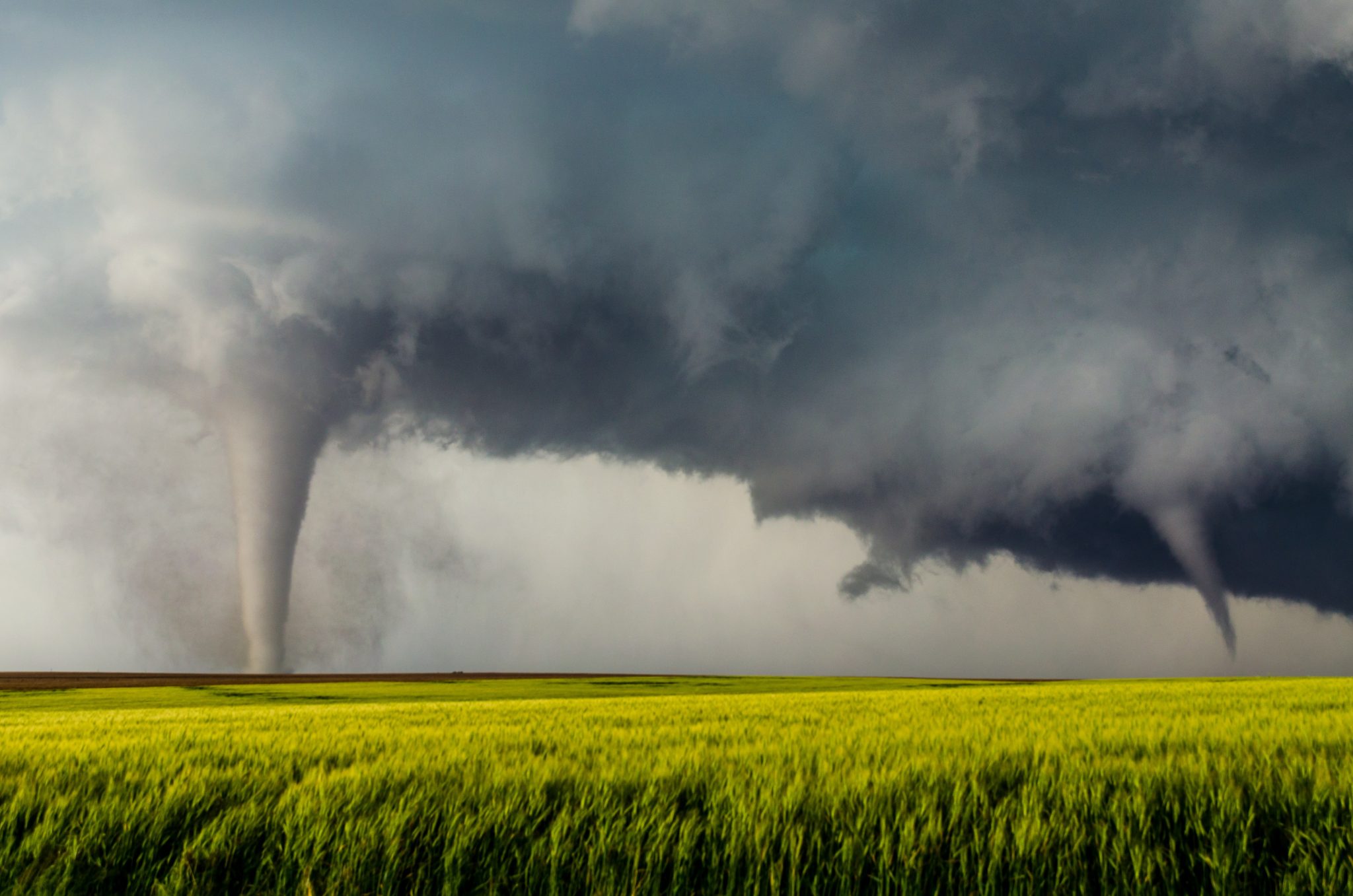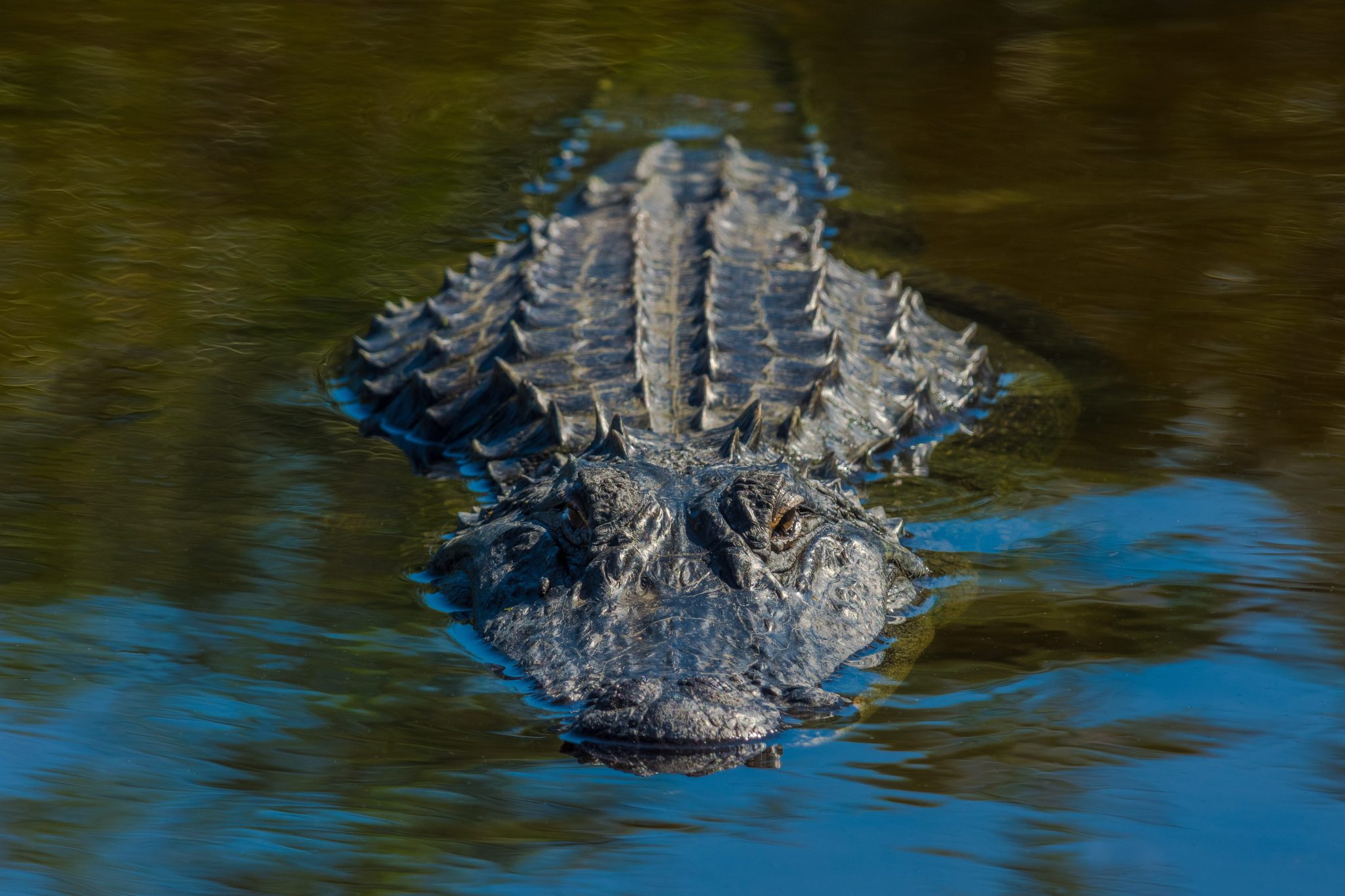- WE’RE HERE TO HELP 24/7
- 800.586.5555
What Do Alligators Do in a Hurricane?

Verdicts & Settlements: More Than $600,000 Recovered from Trucking Crash on I-95
January 26, 2023
Tornado Season is Approaching
February 11, 2023What Do Alligators Do in a Hurricane?

We know what people do in a hurricane – gather supplies, listen to weather alerts, cover up windows and doors, etc. – but what do other species do in a hurricane? Florida in particular is home to animals we don’t want to run into during the storm, or ever if possible, such as alligators.
To avoid encountering one, it might be helpful to know how alligators operate in a hurricane.
Can Alligators Sense Hurricanes Coming?
Alligators are able to detect when a storm is approaching. They have sensitive vibration sensors in their skin that can recognize even a small vibration, allowing them to move out of harm’s way quickly.
In response to an incoming hurricane, alligators usually find shelter where they can move in and out easily, usually in caves or burrows under mud or a canal. To stay safe, some alligators might altogether change foraging patterns before the storm.
Ultimately, however, animals are just as scattered as people during a hurricane. Even with their forewarning, smaller alligators can still get swept up in the storm and be carried away from their homes.
Do People Get Attacked by Alligators in a Hurricane?
Because hurricanes displace people and animals alike, some Floridians may worry about dangerous animal attacks during or after a storm. It makes sense – there’s so much you need to focus on that an alligator attack is the last thing you would expect, which would make you all the more vulnerable.
This isn’t helped by the fact that Florida is the center of all alligator attacks in the U.S. From 1948 to 2004, there were 376 injuries and 15 fatalities in the U.S. Of those attacks, 334 injuries and 14 fatalities came from Florida alone.
First responders, while providing assistance and relief after Hurricane Ida, had real concerns about encountering alligators while navigating through the flooded waters. They waited for daylight to resume their search and rescue in order to avoid the animal.
Fortunately, alligator attacks during a hurricane are a rare occurrence – but they’re not unheard of.
During Hurricane Ida, a man in Louisiana was attacked by an alligator. The man’s wife went to get help, but by the time she came back, her husband was nowhere to be found. Thankfully, alligator attacks like this one in the wake of a severe hurricane aren’t as common as alarmist media accounts may make them sound.
You Should Be Cautious, But You Don’t Have to Fret
Alligator attacks are rare, as evidenced by the less than 350 alligator attacks in a 60-year span. The animal is shy and avoids human contact, especially since we aren’t considered prey. We’re not viewed (adults especially) as an easy target thanks to our height, dexterity and speed. There have been far more reports of dogs and horses attacking humans than alligator attacks.
If you do encounter an alligator, whether in a hurricane or otherwise, run fast and straight ahead. Do not zig-zag (that alligator avoidance strategy has been debunked). Alligators can run fast but only in short bursts and distances before tiring out, so it’s better to just run. Because of this, your chances of getting back to safety are good.
The best defense, however, is to avoid a run-in with an alligator from the start:
- Stay 60 feet (18 meters) away from them. If they start hissing, you’re too close.
- Avoid swimming or going into any unknown body of water at night.
- Don’t provoke them. Alligators almost never attack unprovoked, so don’t take pictures up close or try to grab their tail.
- Don’t feed them or animals that share water with them. Alligators will opt for the easiest way to get food possible, and if they start relying on food provided by people, they’ll lose their inherent fear of humans.
- Similarly, discard fish scraps in the trash when fishing. Don’t dump them into the water.
- Never mess with baby alligators. The mothers are almost always close by and ready to protect their children.
Overall, the possibility of encountering an alligator is slim, and the possibility of an alligator attack is even slighter. In the grand scheme of a hurricane, both you and the alligator have bigger things to worry about, from evacuation and damage to your home to the unavoidable stress of dealing with your insurance.
If your home is damaged in a hurricane and your insurance won’t give you the coverage you need, Kanner & Pintaluga will fight for you. Call 800.586.5555 or fill out the form here to get a free case evaluation from a hurricane damage lawyer.
